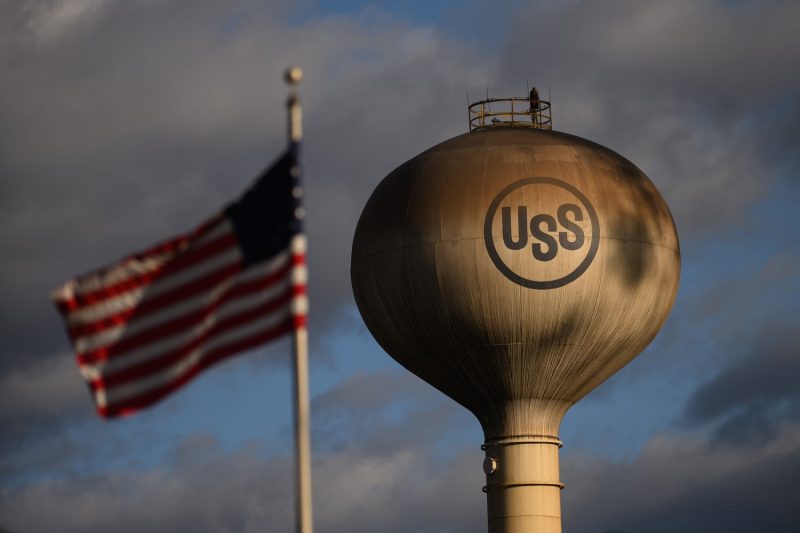In a recent move that has spurred controversy and debate within the industry, President Joe Biden and his administration have taken steps to block the sale of a U.S. steel producer to a Japanese company. The decision, which comes amid growing concerns over national security and economic independence, has garnered mixed reactions from experts, stakeholders, and the public.
The proposed acquisition of a U.S.-based steel producer by a foreign entity has raised red flags over potential risks to national security and critical infrastructure. Steel is a vital component in various sectors, including construction, defense, and transportation, making it a strategic asset for any nation. By blocking the sale, the Biden administration aims to safeguard the integrity of the domestic steel industry and prevent foreign control over a key sector of the economy.
One of the primary concerns surrounding the sale of U.S. steel assets to a Japanese company is the potential impact on jobs and the economy. Critics argue that foreign ownership could lead to job losses, reduced investments in domestic manufacturing, and a loss of economic sovereignty. By maintaining control of the steel industry within the U.S., the administration hopes to protect American jobs, promote economic growth, and ensure the stability of key industries.
Moreover, the decision to block the sale reflects broader geopolitical considerations and concerns over supply chain vulnerabilities. The COVID-19 pandemic exposed the risks associated with overreliance on foreign sources for essential goods and materials. By retaining ownership of critical assets such as steel production facilities, the U.S. can enhance its resilience against potential disruptions and geopolitical tensions.
On the other hand, proponents of free trade and globalization have criticized the move as protectionist and potentially harmful to bilateral relations with Japan. They argue that blocking the sale sets a dangerous precedent and may deter foreign investments in the U.S. Furthermore, some experts believe that increased competition and collaboration in the global steel market could benefit consumers and drive innovation in the industry.
As the Biden administration moves forward with its decision to block the sale of U.S. steel assets to a Japanese company, the debate over the balance between national security, economic interests, and global trade will likely continue. Finding the right equilibrium between protecting domestic industries and fostering international cooperation remains a complex challenge for policymakers in an increasingly interconnected world.


























